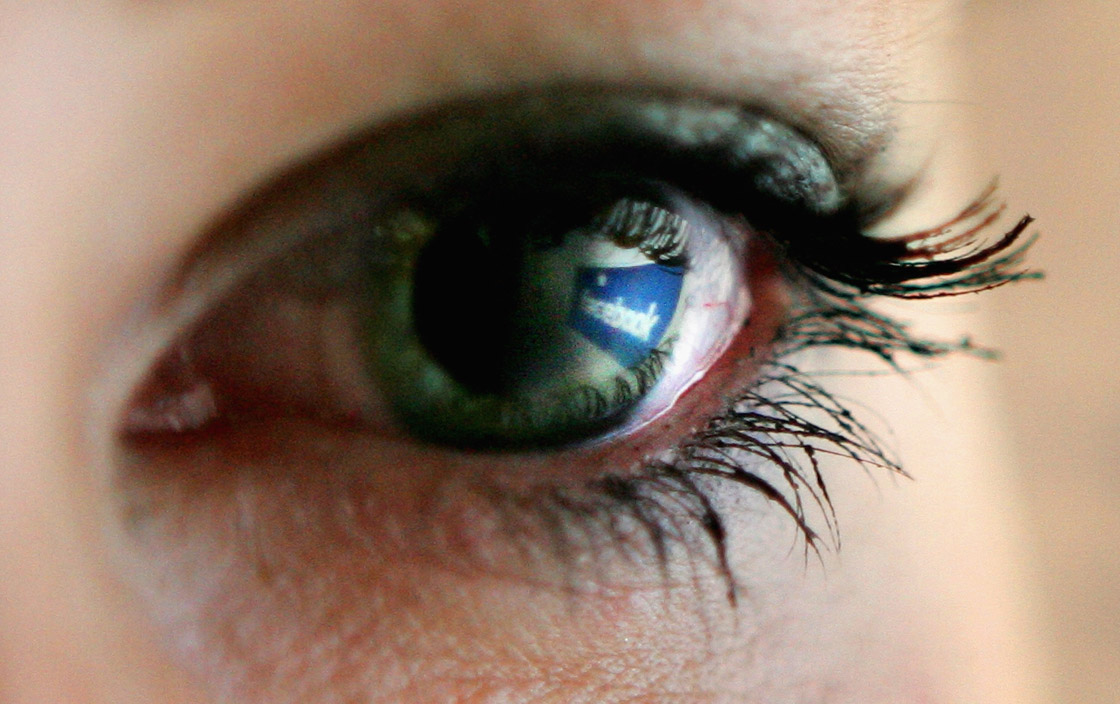TORONTO – As outrage over Facebook’s emotion manipulation study grows amongst users, Canada’s privacy watchdog is calling on the social networking site to release further details about the controversial research.

A spokesperson confirmed Thursday that Canada’s privacy commissioner will press Facebook for more information related to the study that involved manipulating newsfeeds to evaluate how negative and positive posts affected users’ emotions.
“It raises some questions that we are following up on,” a spokesperson told Global News via email.
“We will be contacting Facebook to seek further details related to this research and have been in touch with some of our international counterparts about the matter.”
READ MORE: UK opens probe into Facebook’s psych experiment
British regulators are also launching an inquiry into the revelations. The inquiry is being coordinated with authorities in Ireland, where Facebook has headquarters for its European operations, as well as with French regulators.
The study, which was conducted over two years ago, involved manipulating nearly 700,000 news feeds to show users either more positive or negative posts. Researchers found that the more positive posts users were exposed to, the happier their status updates were – and vice versa.
Facebook maintains that the research falls in line with its Data Use policy that users agree to when signing up for the site, which includes the use of users’ information “for internal operations, including troubleshooting, data analysis, testing, research and service improvement.”
READ MORE: Facebook’s emotion manipulation study sparks outrage, criticism
But the social networking giant has been forced to apologize to users as outrage over the study continues to grow.
“We clearly communicated really badly about this and that we really regret,” said Facebook’s chief operating officer Sheryl Sandberg during an interview with NDTV in India.
The study’s lead author also published a public apology over the weekend, adding that the study’s motivations were not clearly stated.
“My co-authors and I are very sorry for the way the paper described the research and any anxiety it caused. In hindsight, the research benefits of the paper may not have justified all of this anxiety,” said Facebook data scientist Adam Kramer.




Comments